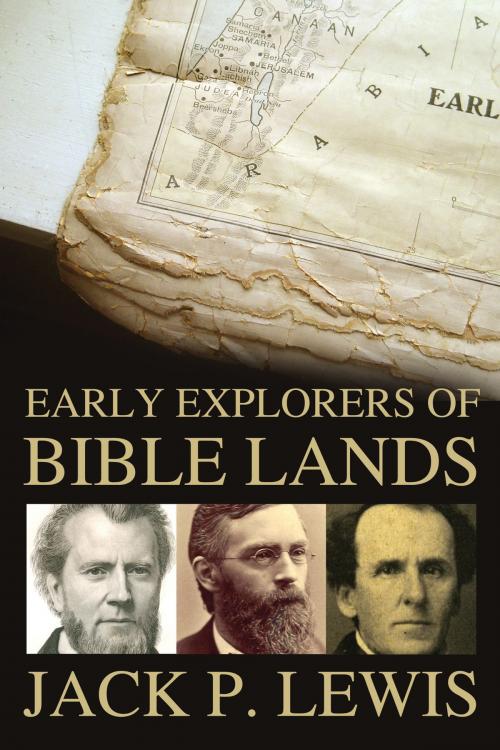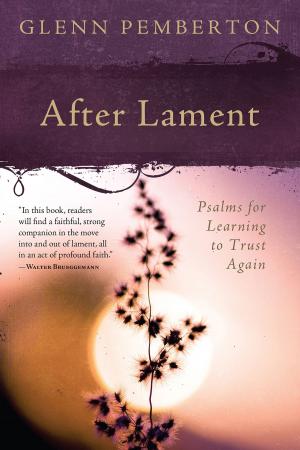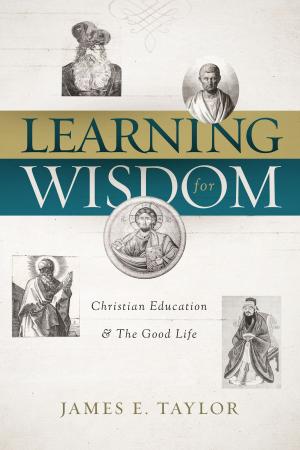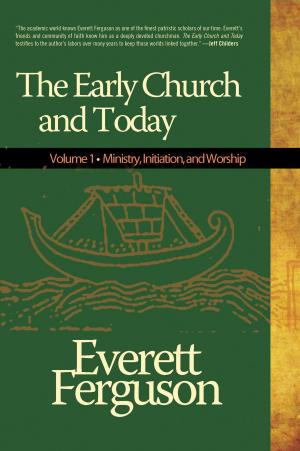Early Explorers of Bible Lands
Nonfiction, Religion & Spirituality, Christianity, Church, Bible & Bible Studies| Author: | Jack P. Lewis | ISBN: | 9780891127239 |
| Publisher: | Abilene Christian University Press | Publication: | September 10, 2013 |
| Imprint: | Abilene Christian University Press | Language: | English |
| Author: | Jack P. Lewis |
| ISBN: | 9780891127239 |
| Publisher: | Abilene Christian University Press |
| Publication: | September 10, 2013 |
| Imprint: | Abilene Christian University Press |
| Language: | English |
Acclaimed scholar and professor Jack Lewis narrates the lives and contributions of a number of nineteenth-century explorers of Bible lands whose work set the stage for modern biblical archaeology. Here are the stories of John Lewis Burckhardt, William Francis Lynch, James T. Barclay, Selah Merrill, and other explorers of Bible lands from the mid- to late-nineteenth century. Most of these men did not engage in archaeology as we commonly define it today, but their contributions set the stage for modern archaeology. They were not excavators, but students of geography, nature, languages, customs, traditions, and the Bible--all of which are vital to a more refined understanding of the Bible. As they traversed Palestine, these explorers encountered inscriptions and even previously unidentified languages (e.g., Hittite). Lewis's accounts reveal their interests, almost presciently, in the categories of anthropology as currently defined--cultural anthropology, physical anthropology, linguistics, and archaeology. These pursuits laid the groundwork for the more comprehensive and interdisciplinary studies that have eventually become the trademark of both biblical studies and the archaeology of the biblical world. As Lewis shows, we owe explorers a great debt of gratitude for their pioneering work.
Acclaimed scholar and professor Jack Lewis narrates the lives and contributions of a number of nineteenth-century explorers of Bible lands whose work set the stage for modern biblical archaeology. Here are the stories of John Lewis Burckhardt, William Francis Lynch, James T. Barclay, Selah Merrill, and other explorers of Bible lands from the mid- to late-nineteenth century. Most of these men did not engage in archaeology as we commonly define it today, but their contributions set the stage for modern archaeology. They were not excavators, but students of geography, nature, languages, customs, traditions, and the Bible--all of which are vital to a more refined understanding of the Bible. As they traversed Palestine, these explorers encountered inscriptions and even previously unidentified languages (e.g., Hittite). Lewis's accounts reveal their interests, almost presciently, in the categories of anthropology as currently defined--cultural anthropology, physical anthropology, linguistics, and archaeology. These pursuits laid the groundwork for the more comprehensive and interdisciplinary studies that have eventually become the trademark of both biblical studies and the archaeology of the biblical world. As Lewis shows, we owe explorers a great debt of gratitude for their pioneering work.















